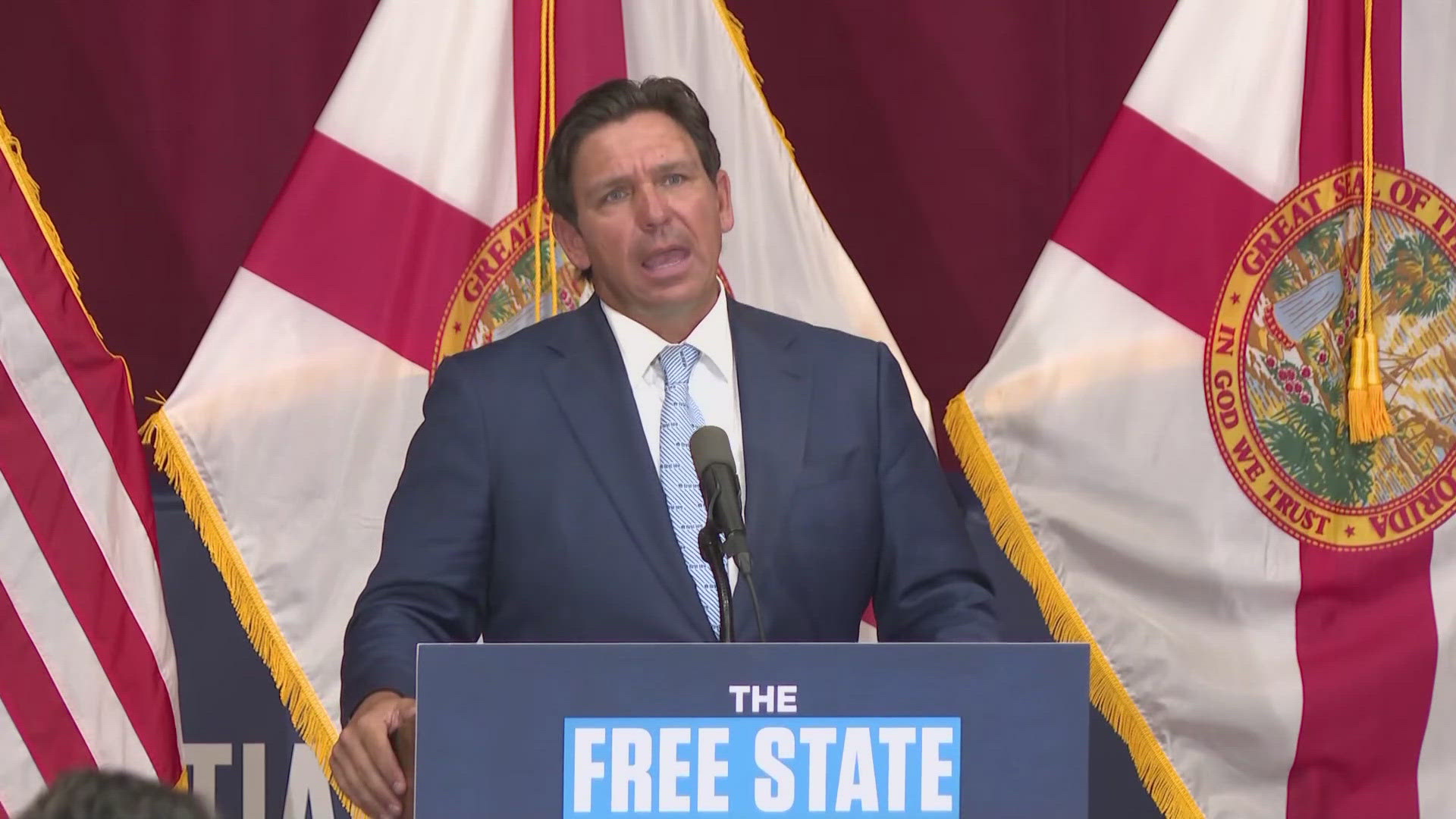Florida is preparing to make a sweeping change to its public health approach, with state officials confirming plans to eliminate all vaccine mandates. The announcement, delivered by Florida’s surgeon general, signals a significant policy shift that could reshape vaccination requirements across workplaces, schools, and government institutions in the state.
The decision reflects an ongoing debate over individual choice and public health, a conversation that has intensified in recent years following the COVID-19 pandemic. While federal and state governments across the country introduced various vaccine requirements to curb outbreaks and protect vulnerable populations, Florida has consistently taken a different path — prioritizing personal freedom over mandates. This latest move reinforces that stance, setting the stage for a broader discussion about the balance between public safety and individual rights.
< Under the suggested plan, mandates for vaccinations that used to be in place for specific industries — such as healthcare, education, and government jobs — would cease to be mandatory. Companies and establishments can choose to promote vaccination, but making it a requirement for hiring or receiving services will not be allowed. >
The Florida Department of Health has indicated that the policy will extend to both current and future vaccine recommendations, encompassing not only COVID-19 but also other immunizations that have historically been mandatory in specific contexts. This includes vaccines required for school attendance and healthcare facility staff, which have long been part of standard public health practices.
Officials argue that the change is rooted in the principle of medical autonomy, asserting that individuals should have the right to make decisions about their own health without government intervention. Supporters of the policy contend that mandates can create unnecessary division and erode public trust, while voluntary vaccination programs foster cooperation and respect for personal choice.
Florida’s surgeon general has consistently voiced skepticism about vaccine mandates, particularly those implemented during the height of the COVID-19 pandemic. State leaders argue that while vaccines can provide benefits, individuals should retain full authority over their medical decisions.
In official remarks, the surgeon general highlighted that this strategy aims to safeguard individual liberties while supporting informed decision-making. Instead of enforcing mandatory actions, the state intends to prioritize outreach efforts that deliver precise data regarding vaccination, enabling citizens to choose voluntarily based on their personal situations.
Critics, however, raise concerns about the potential impact on public health. Vaccine requirements have historically played a role in controlling the spread of contagious diseases in schools, workplaces, and healthcare environments. Eliminating these mandates, they argue, could increase vulnerability to outbreaks and reverse decades of progress in disease prevention.
The declaration has evoked intense responses from various political factions. Advocates praise the action as a triumph for individual freedom, portraying it as an essential adjustment to what they perceive as governmental excess during the pandemic. Critics, conversely, caution that removing mandates might result in decreased vaccination rates, endangering communities and adding further pressure on healthcare infrastructure.
Nationally, Florida’s decision is likely to influence other states that have debated similar measures. While some states have reinforced vaccine requirements in response to recent health threats, others have rolled back mandates, reflecting a growing divide in public health policy across the United States. Florida’s high-profile stance may embolden lawmakers in other regions to consider similar legislation.
One of the most significant consequences of this policy will be in education. For decades, school vaccine requirements have been a cornerstone of public health, ensuring high levels of immunization among children to prevent outbreaks of diseases such as measles and whooping cough. If Florida eliminates these mandates entirely, it would mark a major departure from long-standing practices designed to protect vulnerable populations, including infants and immunocompromised individuals.
Medical institutions might encounter difficulties adapting to the updated regulations. Traditionally, healthcare centers, such as hospitals and clinics, insist that their staff receive specific vaccines to safeguard both patients and personnel against contagious illnesses. Eliminating these requirements may lead to practical and moral challenges for management aiming to ensure secure care settings.
Se anticipa que la legislatura estatal revisará y formalizará la política en los próximos meses. Pueden realizarse audiencias públicas y consultas con las partes interesadas para tratar detalles sobre la implementación y posibles excepciones, como los requisitos durante las emergencias de salud pública declaradas.
Meanwhile, state representatives in Florida emphasize that their approach will prioritize voluntary involvement and making sure people are well-informed rather than using force. The state has announced intentions to enhance educational materials for its citizens, offering transparent and easy-to-understand details about vaccines, their advantages, and possible drawbacks.
As Florida moves forward with its plan to eliminate vaccine mandates, the decision is likely to remain at the center of national debate. It raises fundamental questions about the role of government in public health, the limits of personal freedom, and how society should prepare for future health crises without compromising individual rights.
For millions of residents, the change represents both an opportunity and a challenge: the freedom to choose without external pressure, coupled with the responsibility to make informed choices in the interest of personal and community well-being.


:max_bytes(150000):strip_icc()/grouptherapy-5a492739eb4d52003730a56d.jpg)

